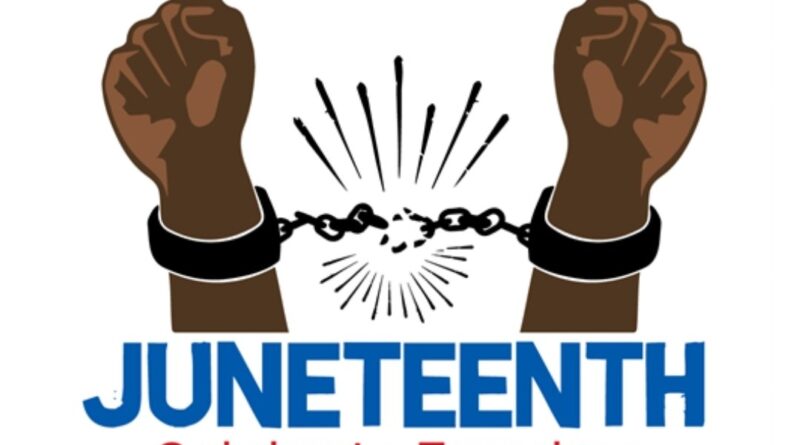Here Are Ways To Celebrate Juneteenth Without Cultural Appropriation
For many Black Americans Juneteenth is a complicated day that acknowledges the generations of enslavement in the United States that ended well after the Emancipation Proclamation was signed.
Thanks to President Joe Biden, Juneteenth is now a national holiday recognizing June 19, 1865, the day General Gordon Granger arrived in Galveston, Texas, two and a half years after the Emancipation Proclamation was signed, to inform enslaved African-Americans that they were now free.
Last year, corporations missed the opportunity to monetize the holiday, but couldn’t resist this opportunity to do so this year, flooding stores and sites with Juneteenth products littered in red, yellow, green and black, hues. However, Black Twitter wasn’t having it and fought back.
Still, there are ways corporations and individuals can celebrate Juneteenth without cultural appropriation, commodification, and commercial consumption.
Invest Resources To Learn Juneteenth’s History
Corporations and employers can use the holiday to announce, promote, and reinforce additional steps and DEI and ESG initiatives. Companies can also invest in resources to learn the cultural and historical context of Juneteenth and how that day is perceived by Black Americans today. This can help when trying to find ways to recognize the holiday without upsetting employees who may think the company is pandering to or patronizing employees.
Show Appreciation For Juneteenth Without Consumption
Cultural appropriation monetized for commercial consumption is not a way to celebrate Juneteenth. There are ways to appreciate and explore cultural identities including patterns of fashion and music with permission from originating groups.
Additionally, companies and individuals can use the holiday to volunteer time to causes that assist and help Black people and causes or donate to a litany of organizations including the ACLU, NAACP, and the National Black Child Development Institute (NBCDI).
Communicate With Black Employees
You may think it’s an awkward conversation, but it’s better than seeing employees negatively react to what an organization thought was a good idea. Make an effort to understand how those around you who are affected feel. What would they like to see in terms of recognition of the holiday from their employer? Do they even want an employer to recognize the day?
Asking these questions may seem tough and may lead to unexpected answers and comments, but if organizations want to stop offending their employees, customers, and Black Americans in general, they need to be asked and the conversation must move forward. Otherwise, you may end up being forced to apologize.

